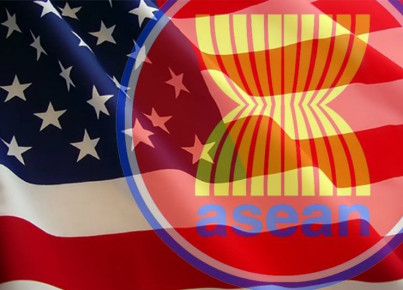We publish here an excerpt from Benjamin Soh's analysis for e27
ASEAN countries have consistently achieved high economic growth rates, attributed to careful macroeconomic strategies, open trade and investment policies, and access to export markets from developed countries. A key driver of ASEAN economies is manufacturing supply chains. From 2015 to 2019, manufacturing exports from the ten ASEAN member states grew at an average annual rate of 5 percent, higher than the global average of 3 percent. As governments around the world implement ESG and reporting regulations, ASEAN companies and manufacturers face greater urgency and pressure to adopt sustainable practices to maintain competitiveness in global supply chains. There are significant opportunities to expand their production capabilities and assert their competitiveness in green manufacturing. Globally, regulatory frameworks have evolved rapidly. Under the Carbon Border Adjustment Mechanism, exports to Europe will be subject to a carbon tax on their emissions starting in 2026. Many ASEAN governments have begun to take a phased approach to incorporating the new global sustainability reporting standards, with emissions reporting becoming mandatory under regulatory standards starting in 2025. There is no doubt that sustainability equals long-term profitability. It is time for ASEAN countries to extend their focus and capabilities from manufacturing to green production to maintain competitiveness in the global market. ASEAN countries can benefit from cross-border collaboration to build their green economy and workforce. For example, the Singapore government's Budget 2024 included a phased support approach for businesses on their digitization roadmap, focusing particularly on financial support for training and adoption of digital and digital technologies such as AI. This is an approach that other ASEAN governments can consider emulating to advance ESG initiatives in the region. ASEAN governments may also consider introducing a set of standardized guidelines in relation to ESG reporting to help companies future-proof themselves against the sustainability reporting requirement that will be implemented in 2025. Relevant examples already implemented in the region include the Simplified ESG Disclosure Guide (SEDG) Adopter Program in Malaysia and the Sustainability Report (SuRe) Form in the Philippines.






